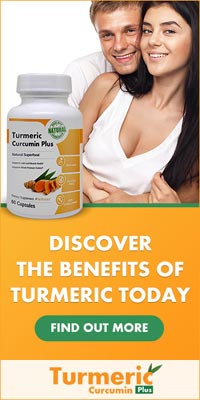Germs are bad. Especially in the winter months, people go to great lengths to avoid germs that can cause nasty illnesses like the flu and worse. Antibacterial soaps are marketed as a more effective way to kill germs. They can eliminate up to 99.9 percent of the germs on your skin, which presumably will leave you much less likely to get sick.
Unfortunately, antibacterial soaps may not be as great as they appear. In fact, they can actually be dangerous to your health and to the environment. And here’s the kicker – they’re actually no more effective for protecting you than regular soap and warm water. What’s so bad about antibacterial soaps? Here’s a look at the hidden dangers.
Triclosan – The Miracle Ingredient?
Triclosan is a chemical that was created in the 1960’s, and it’s purpose is to kill germs and bacteria with a vengeance. It was most commonly used in healthcare settings, in which the need to prevent the spread of germs is much greater than in normal settings and environments. Now, triclosan is that ingredient that’s used in antibacterial soaps and other antibacterial products. Unfortunately, triclosan is a dangerous chemical that may actually do more harm than good.
Antibacterial Resistance
There have been many studies done about the effectiveness, benefits, and risks of triclosan. One of the main concerns and dangers with using triclosan is that it can create more dangerous strains of bacteria that are more resistant to antibacterial and antibiotic treatments. While triclosan will kill most of the germs it encounters, some germs will survive, and they become stronger and more resilient because of it. In addition, triclosan kills the good bacteria that actually helps keep us healthy, which in turn can actually increase our risk of getting sick.
Hidden Health Dangers
There are also more direct health dangers of using triclosan. Long-term and high exposure to triclosan can be quite dangerous, and tests show that antibacterial soap users have a relatively high amount of triclosan in their bloodstreams. Triclosan is linked to and may actually cause cancer (especially breast cancer), and it can also negatively affect hormones in your body, including in your thyroid. Triclosan is also linked to increased allergies in children. And the most minor problem with triclosan is that it can actually be very irritating to your skin.
Environmental Dangers
Triclosan also negatively affects the environment. The chemicals of triclosan can interact with other chemicals, such as chlorine in water, to create toxic chemicals like dioxin and chloroform. Triclosan itself it toxic to many sea creatures, including algae and phytoplankton. When we use antibacterial soaps, we are washing triclosan down the drain and allowing it to contaminate the environment.
Antibacterial soaps aren't worth the potential hazards – so stick to regular soap from now on. Unfortunately, the FDA does not regulate the use of triclosan in beauty products – even though it is classified as a pesticide by the EPA. Other countries like Japan, Canada, and Germany restrict the use of triclosan or at least warn the public about its hazards. The United States doesn't, yet, so it’s important to protect yourself and avoid triclosan in your soaps.
Friday, 15 November 2013
Tagged under: antibacterial soaps, antibacterial soaps dangers, dangers of antibacterial soaps
Antibacterial Soaps: The Hidden Dangers
Subscribe to:
Post Comments (Atom)
.jpg)






0 comments:
Post a Comment